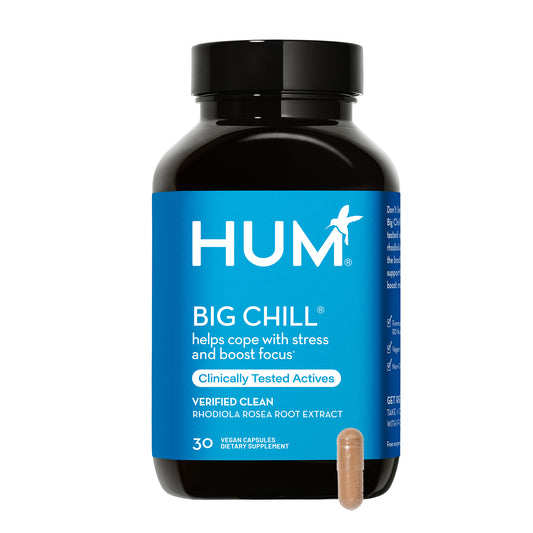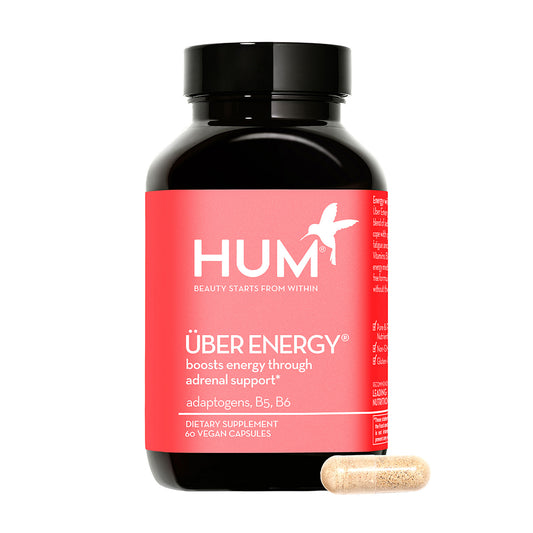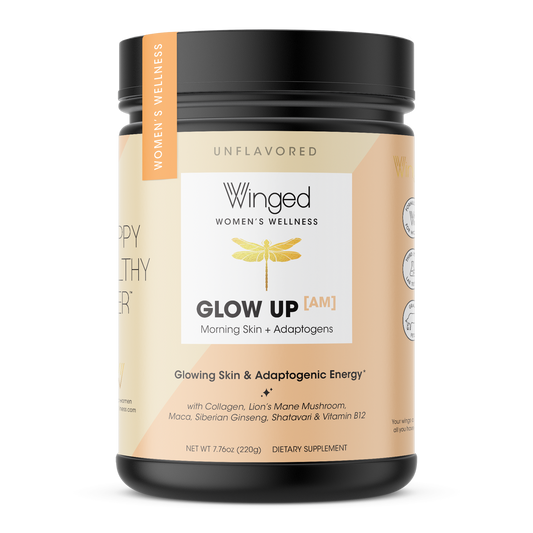Stress is something we all feel from time to time. It’s a normal part of life. Everyday things like school, work, relationships, and the general hassles of life can often make us feel stressed. But don’t worry, some stress can actually be helpful! It can push us to try our best and work harder. The imperfect news is that some stress, if we don’t handle it well, can be bad for us.
In this article, we’ll explore how stress affects our bodies, and how a hormone called cortisol helps us deal with it. We’ll also learn how menopause can change the way our bodies react to stress. We’ll also share tips on how to recognize when we’re feeling stressed, and some ways to manage it. So get ready to learn all about stress and how to handle it like a pro!
(And obviously talk to your doctor if you have specific questions or concerns about your situation and your stress.)
What is stress and how can it affect the body?
Cortisol, often referred to as the “stress hormone”, is a hormone made by our adrenal glands, which are little glands that sit on top of our kidneys. It’s an important part of how our bodies respond to stress.
When our body feels stressed, whether it’s a good kind of stress or a bad kind of stress, our adrenal glands release cortisol into the bloodstream. Cortisol helps the body deal with stress by increasing blood sugar levels, providing a quick burst of energy. This is often referred to as the "fight or flight" response.

There are 2 main types of stress — eustress and distress.
- Eustress is “good” or beneficial stress. It’s the kind of stress that can lead to a positive response. It tends to be short-term and often feels exciting and sometimes even motivating. Starting a new project at work or setting new fitness goals are some examples.
- Distress, on the other hand, can often feel like unmanageable or overwhelming stress. It sometimes leads to feelings of anxiety and is more likely to impact your physical health. It can include larger stressors like losing a job or experiencing the loss of a loved one, as well as everyday stressors like running late, losing your keys, or a difficult email from your boss.
While any kind of stress can affect our bodies and emotional state, it’s helpful to know the difference between the 2 types so we can handle them better.
How does menopause impact cortisol (and stress)?
During the menopause transition, cortisol is regulated in a different way than it used to. As estrogen levels decrease, our ability to regulate cortisol changes. This might result in higher baseline levels of cortisol or a prolonged cortisol response to stress.
When stress and cortisol levels are high and estrogen levels are low, your body may react in different ways. You might see an increase in hot flashes, mood swings, or have trouble sleeping. Your metabolism, immune function, weight, and cognitive function might also change. These physical changes can make you feel even more stressed because they can affect your daily functioning, how well you sleep, and your overall wellbeing.
How can I recognize stress in myself?
It can be helpful to be aware of early signs of stress so you can learn to intervene before it becomes overwhelming. One way to do this is to pay close attention to changes in your mood, your energy levels, and how your body feels. You can also keep a stress journal to write down when you feel stressed and what might be causing it. This can help you find patterns and figure out what makes you feel stressed.

Stress can show up in our bodies in a variety of ways. The following are signs of stress to pay attention to.
- Physical symptoms, such as increased heart rate, muscle tension, headaches, digestive issues, trouble sleeping, weight gain or loss, high blood pressure, fatigue, and changes in appetite.
- Emotional symptoms, such as increased anxiety, irritability, depression, and mood swings.
- Cognitive symptoms, such as difficulty concentrating, forgetfulness, and racing thoughts.
- Behavioral changes, such as changes in sleep patterns, social withdrawal, and increased use of substances (e.g., alcohol or tobacco) to cope.
In addition, cortisol imbalance isn’t good for you. It can affect how your body fights off germs, making it easier for you to catch a cold or another virus.
How can I better manage my stress during menopause?
There are lots of different ways to manage stress. This is a longer list, but don’t let it stress you out! Instead, read through it and choose 1 or 2 things to start with. Then slowly, over time, consider a few more methods of stress management that could work for you.
- Get regular exercise. Physical activity is a powerful stress reducer. Exercise releases endorphins, which are natural mood lifters. Exercise also helps reduce stress hormones, promotes better sleep, and provides a healthy outlet for frustration and tension.
- Eat a healthy diet. A balanced diet and nutrient-rich foods can support overall wellbeing. Avoid too much caffeine, sugar, and processed foods, as they can contribute to mood swings and energy crashes. Fluctuations in blood sugar levels can cause cortisol imbalance.
- Improve the quantity and quality of your sleep. This is one of the toughest ones, especially as we age. But work on establishing good sleep hygiene habits, such as maintaining a consistent sleep schedule, creating a relaxing bedtime routine, and ensuring a comfortable sleep environment.

- Spend time in nature. Spend time outdoors, whether it's a walk in the park or simply enjoying fresh air and the scenery of wherever you are. Being in nature has been linked to stress reduction and improved mood.
- Engage in joyful activities. Activities that bring you joy and satisfaction can have a positive impact on mood and overall happiness. This might include hobbies, spending time with loved ones, or pursuing creative interests. Self-care is essential for maintaining emotional balance.
- Practice time management. Prioritize tasks and break them into manageable steps. Learn to say no when necessary, and delegate responsibilities when possible.
- Do deep breathing exercises. Practices such as deep breathing and meditation can help calm the mind and reduce stress. Deep breathing exercises can activate the body’s relaxation response, reducing feelings of anxiety and stress.
- Engage in positive self-talk and reframe negative thoughts. Challenge negative thoughts and replace them with positive ones. Developing a positive mindset can contribute to better emotional wellbeing during challenging times.
- Build a social support network. Share your feelings with friends, family, or a support group. Connecting with others can help provide emotional support and perspective.
- Create open communication with your healthcare providers. Talk to your providers about any changes you’re experiencing during the menopausal transition. They can provide information, guidance, and create a treatment plan tailored to address your specific symptoms and concerns.
Managing stress is an important piece of the menopause puzzle. It’s important to focus on both your physical and emotional wellbeing. Consider some of the strategies listed above, 1 or 2 at a time. The goal is to feel calm, in control, and ready to face the challenges associated with menopausal stress.
And be sure to talk to your doctor or other qualified healthcare provider if you have any questions or concerns.








